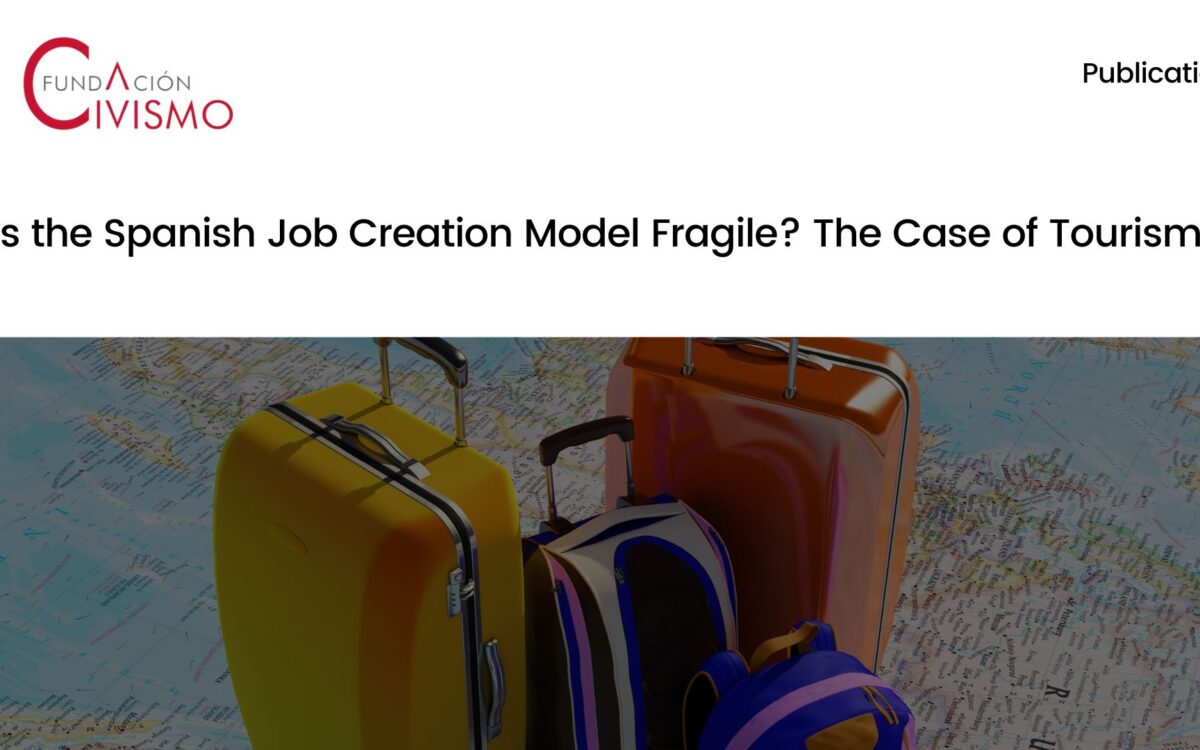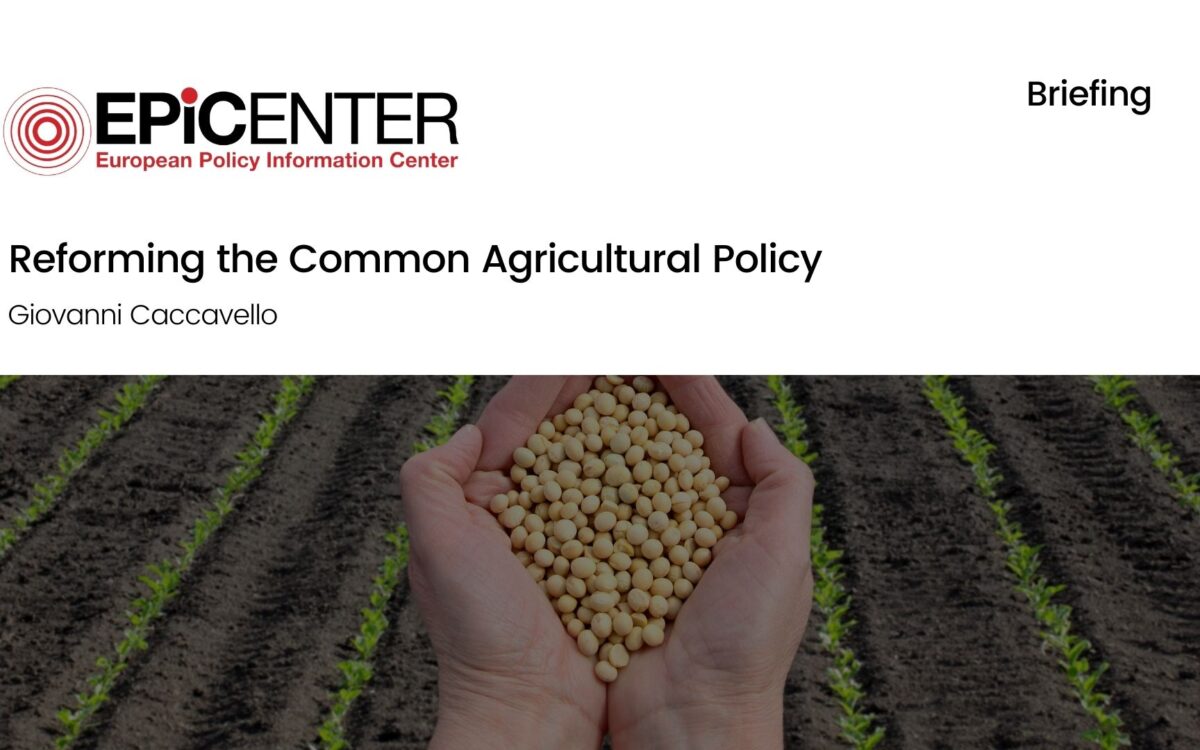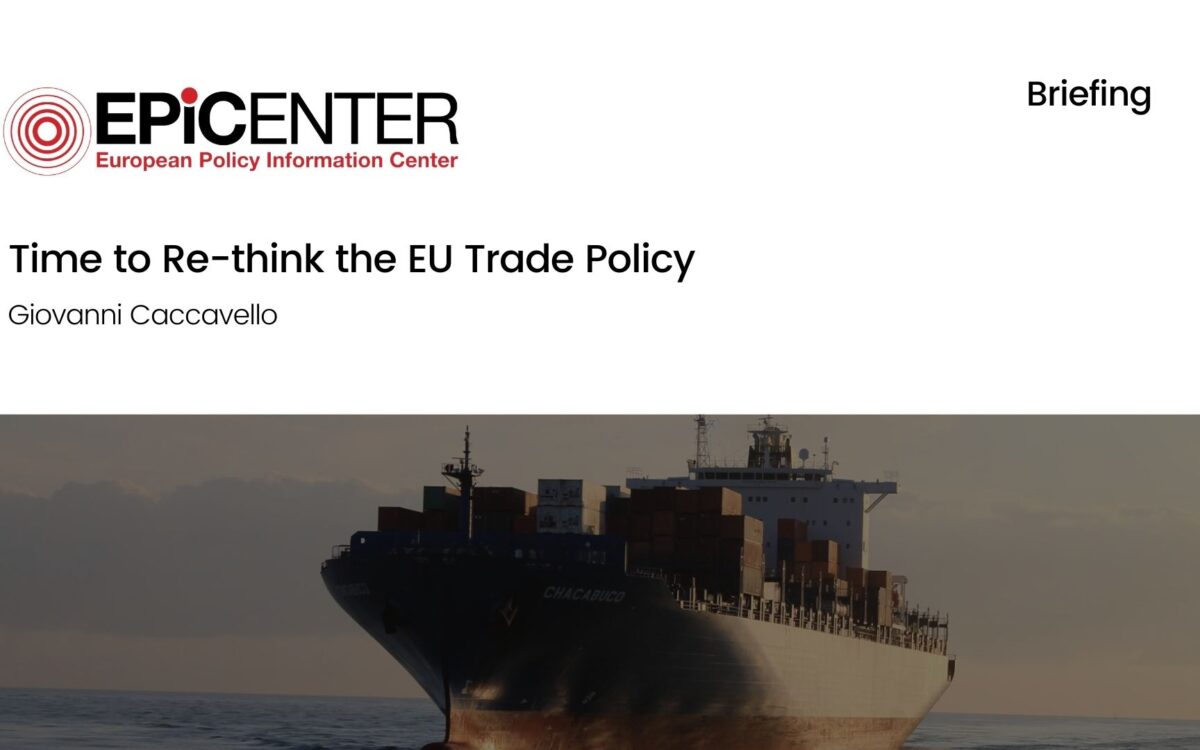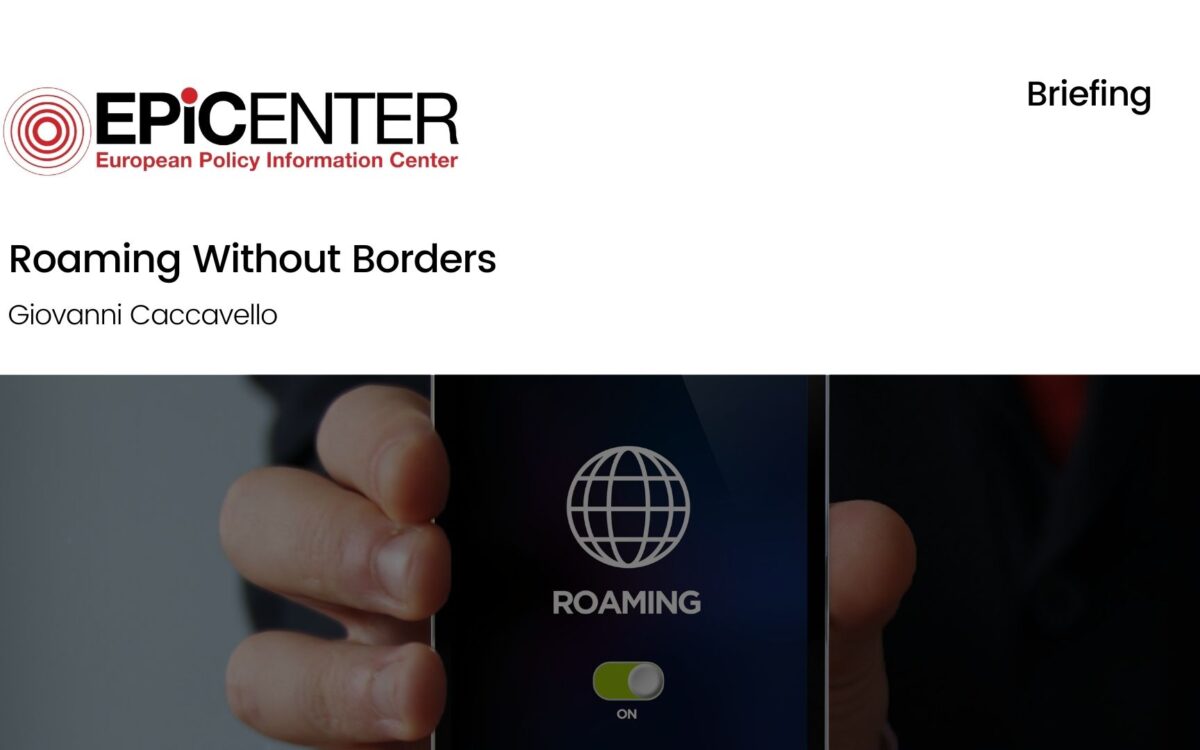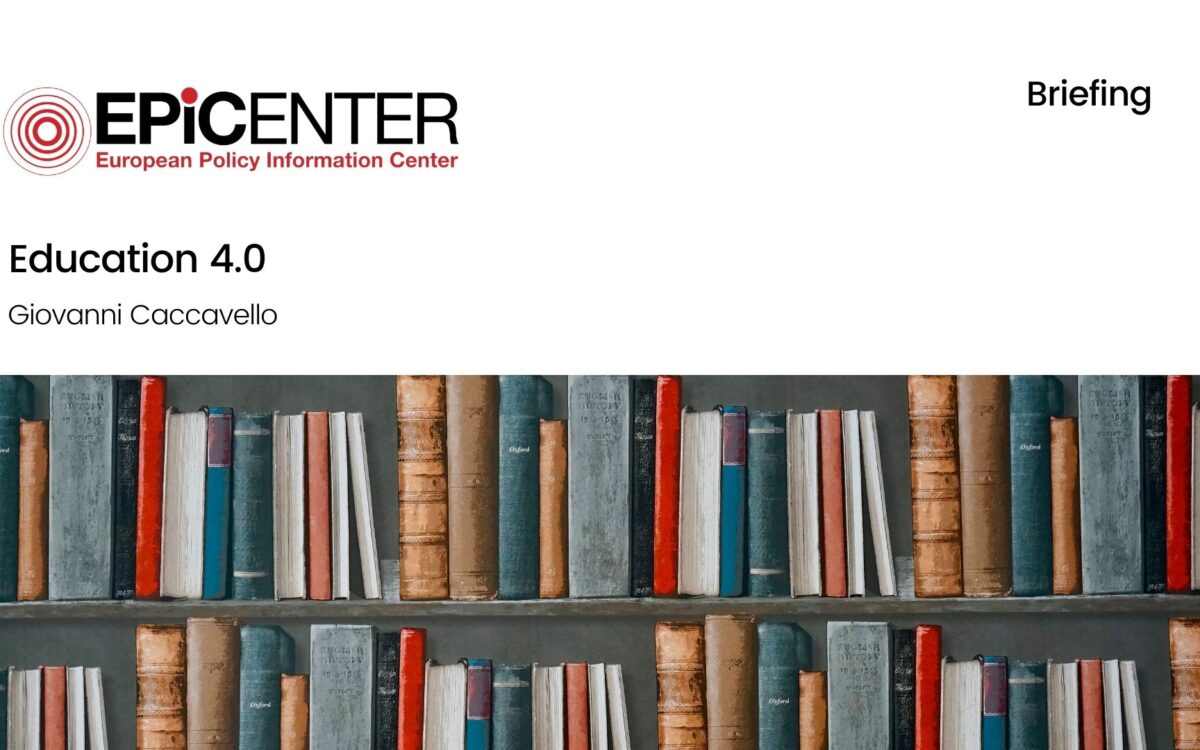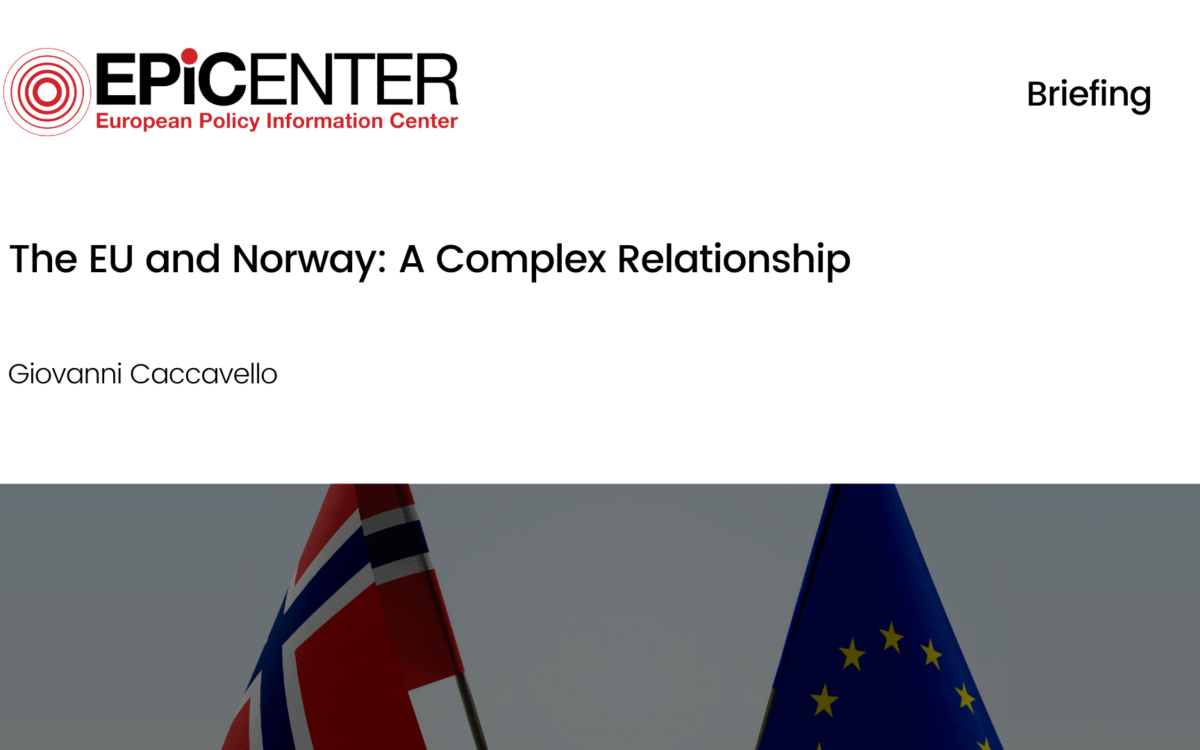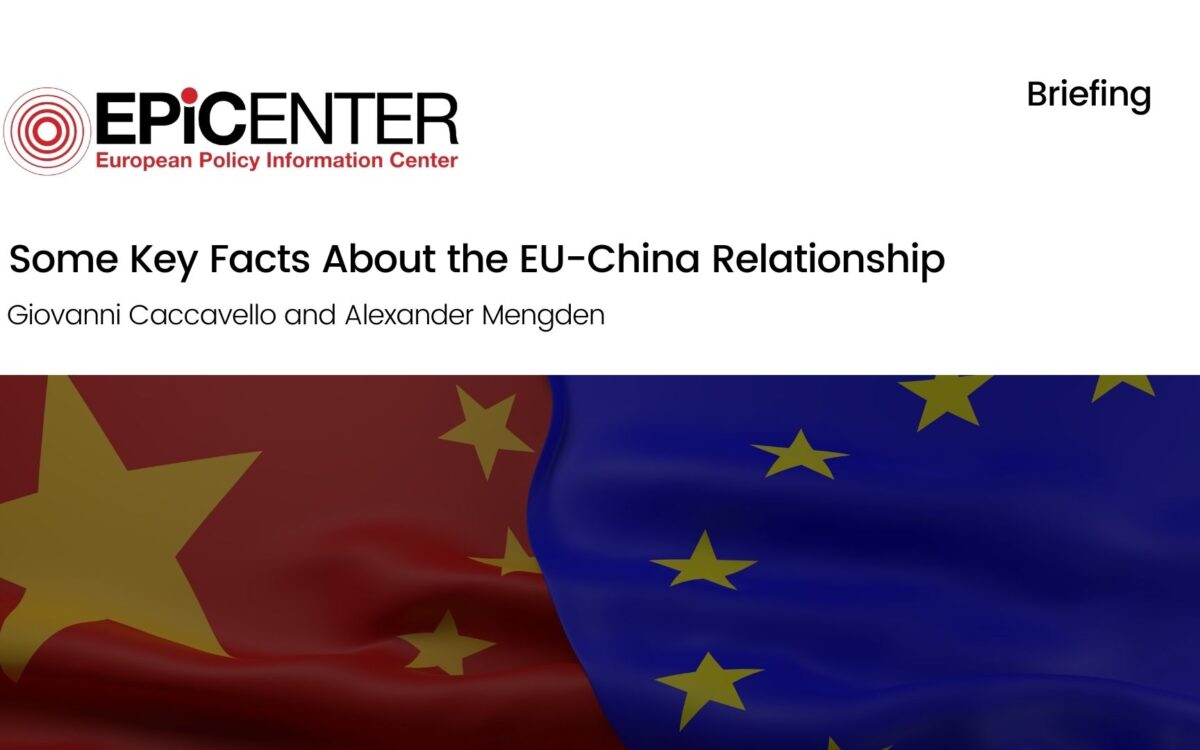June 1, 2017
The situation on the Spanish labour market is being debated by specialists and policy makers with respect to two central questions: on the one hand, the type of employment that is being generated following the crisis and, on the other hand, the medium-to-long term sustainability of this job creation.
